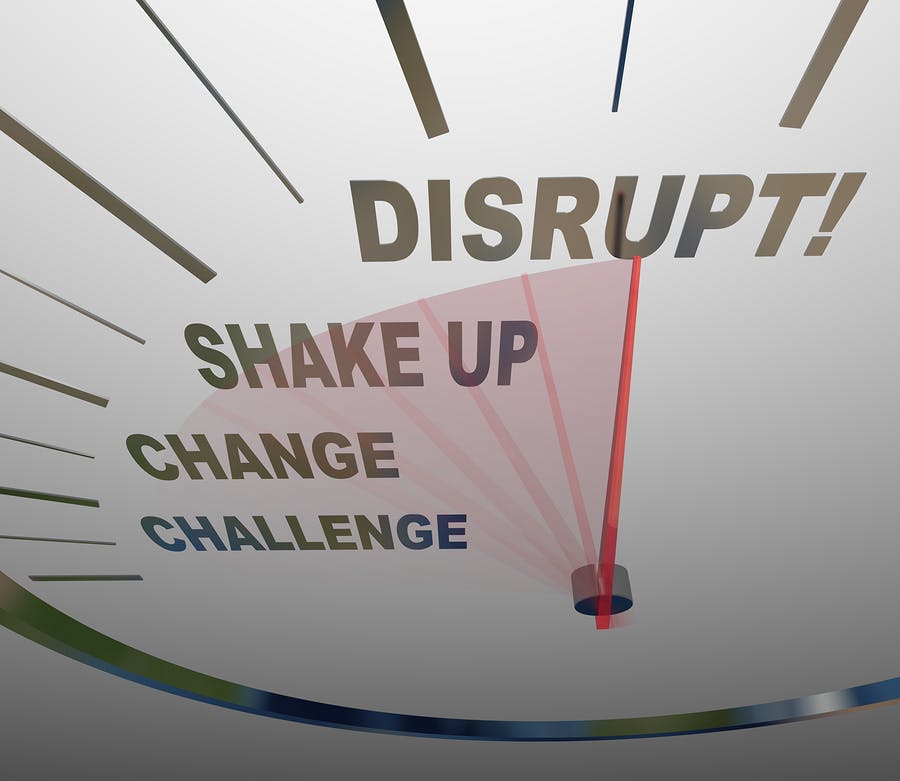Always in motion is the future. — Yoda, Star Wars Episode V: The Empire Strikes Back
If Facebook is the social lounge, then LinkedIn is the post-conference after party. It has disrupted the recruitment profession in the way recruiters perform their work. It’s one of the more valuable sourcing tools in the toolkit (see graphic). It’s not the only but currently the most important.
It altered the landscape of hiring for the foreseeable future, and almost every recruiter is using it in some way. Buy a license, search profiles, send InMails, join groups, and post jobs. It’s a great sourcing tool. I’ve experimented with banner impressions, InMail campaigns (pricey — $12,000 a campaign and it can be higher). I’ve seen good ROI on some roles and mixed results with others with these different product offerings. Many Silicon Valley companies using it spend over $500,000 each year. It has taken away market share from the existing job boards and disrupted the traditional board model (of posting jobs versus communicating to professionals directly) and changed the focus of recruiters. More internal recruiters use it for executive searches successfully (impacting search firms) and as LinkedIn globalizes, its impact will continue to be felt.
I’m a fan of LinkedIn but it has a ways to go in Europe and globally where the boards and agencies still play a major role. But it’s not possible to distinguish the best talent for the particular role from viewing just the profile (notwithstanding endorsements). There is nothing to further pre-qualify talent. LinkedIn is an advertising platform.
To stay relevant, LinkedIn may need to make acquisitions. This will continue to impact the recruitment profession.
When Facebook bought Instagram for $1 billion and acquired the technology along with its 13 employees, this changed the world of photo technology. Kodak employed 140,000 employees. It is now bankrupt. Those jobs disappeared. (For recruiters to survive innovation and not go extinct the way of Kodak, see my article onadaptation.)
What (or who) will disrupt LinkedIn? What will impact it the way it disrupted job boards, or will it remain king in the world of sourcing?
Some may contend the convergence of big data/software as a service with social media and mobile will be the biggest disruptive agent in hiring, especially for sourcing and engaging talent. Social media and mobile will provide vastly new sourcing mechanisms that could yet again change how recruiters do their work.
Companies like Oracle (Taleo), IBM (Kenexa), Workday, and SuccessFactors that have ATS/talent management technology are well-positioned for converging big data/software as a service with social media and mobile but have not done so yet in any meaningful manner.
Their biggest gap for these big players is in their candidate experience as well as sourcing and assessment technology using social media. Some have really poor candidate experience that should be fixed.
The companies that can do that will change the way we hire and be the new disrupters. Software as a service, the cloud, and big data will change the world of hiring in near future.
LI is interesting in that it has the valuable data on millions of profiles, but it doesn’t drive targeted sourcing, assessment, and onboarding. (That’s not its business model).
There are a few Silicon Valley startups funded by big players that are developing big data/software-as-a-service platforms converging social media and mobile for the assessment and onboarding phases of hiring. They may be onto something groundbreaking but execution will be crucial. Will they disrupt LinkedIn? Maybe, maybe not. I do think, like Facebook, LinkedIn will need to adapt. Such is the nature of technology to survive.
